Lifestyle
15 Things You Miss About Life Before the Internet
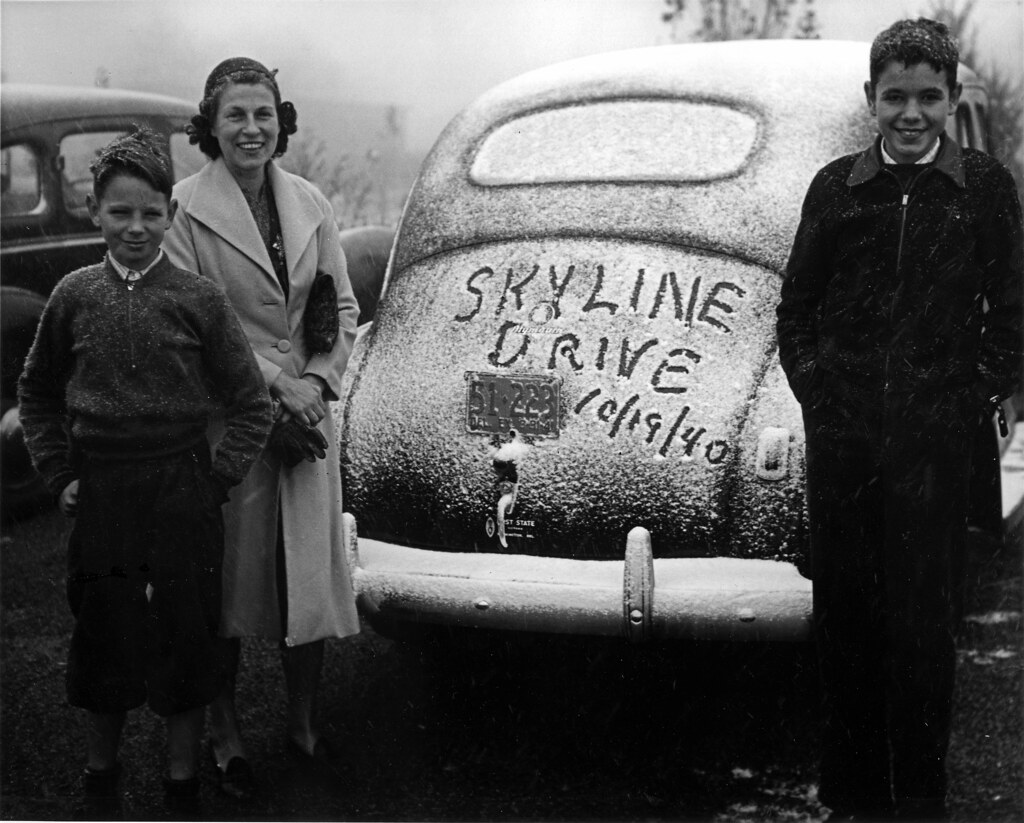
Before the constant buzz of notifications, life had a different pace. People connected differently, information traveled slower, and boredom wasn’t a bad thing. If you grew up before smartphones and Wi-Fi, you probably miss more than you realize. There was a charm in waiting, in not knowing everything instantly. Here are 15 things many people miss about life before the internet took over.
Waiting for handwritten letters

There was a time when getting mail was exciting. A handwritten letter felt personal, thoughtful, and worth the wait. Unlike instant messages, letters took effort. You’d check the mailbox with real anticipation. Reading someone’s words in their own handwriting brought a connection you just don’t get from a screen. The paper, the ink, even the handwriting mistakes—each letter felt like a piece of the person who sent it. It was more than communication; it was a keepsake.
Flipping through photo albums

Photos weren’t endless scrolls on a phone. They lived in albums, with plastic sleeves and handwritten notes. Sitting with family, flipping through old pictures, sparked stories and memories. Each photo had value because film was limited. You looked at them slower, remembered more, and didn’t delete the imperfect ones. Those albums told real stories, with candid shots and moments you’d otherwise forget. It wasn’t about perfect selfies; it was about shared history.
Spontaneous visits

Before texting “here?” was a thing, people just showed up. Dropping by a friend’s house unannounced wasn’t rude—it was normal. If they weren’t home, you waited or left a note. Plans were made loosely, and somehow, people still found each other. Those surprise visits felt more personal than scheduled hangouts. It created a sense of community where neighbors were friends, and no one needed an invitation to connect.
Using a physical map
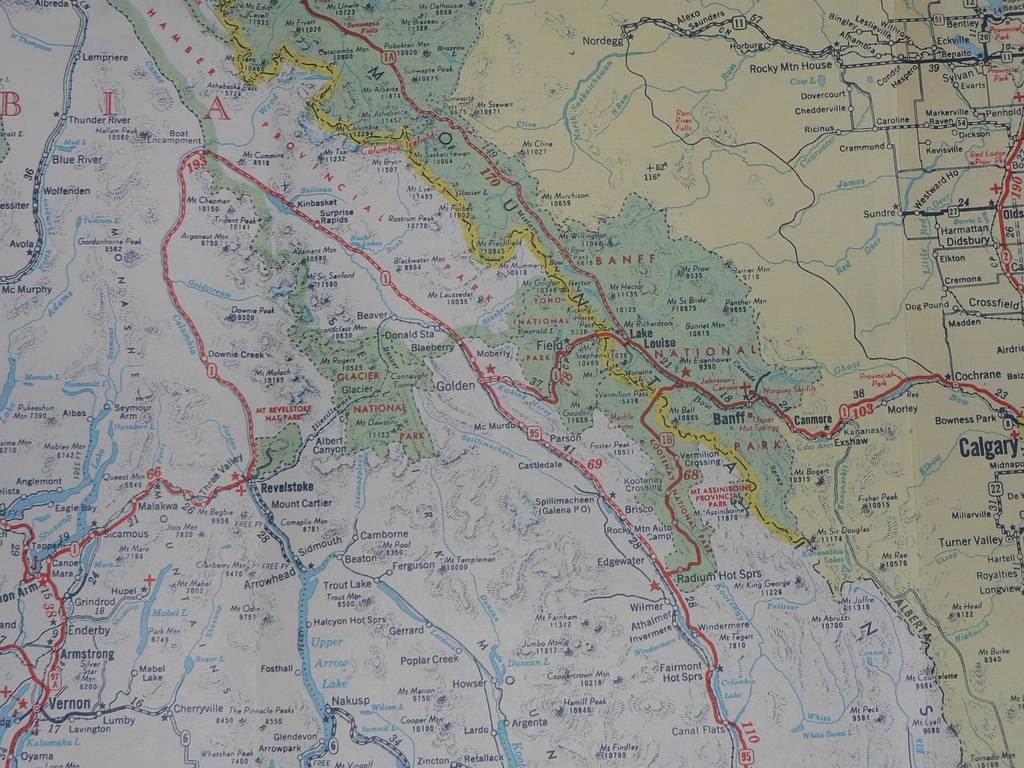
Before apps told you where to go, you had to figure it out yourself. Folding open a giant map was normal. You checked street names, watched for landmarks, and sometimes guessed. Getting lost wasn’t frustrating—it was how you found interesting places by accident. Asking for directions led to real conversations. Sure, GPS is easier now, but it misses the fun of finding your way the long way around.
Browsing video rental stores
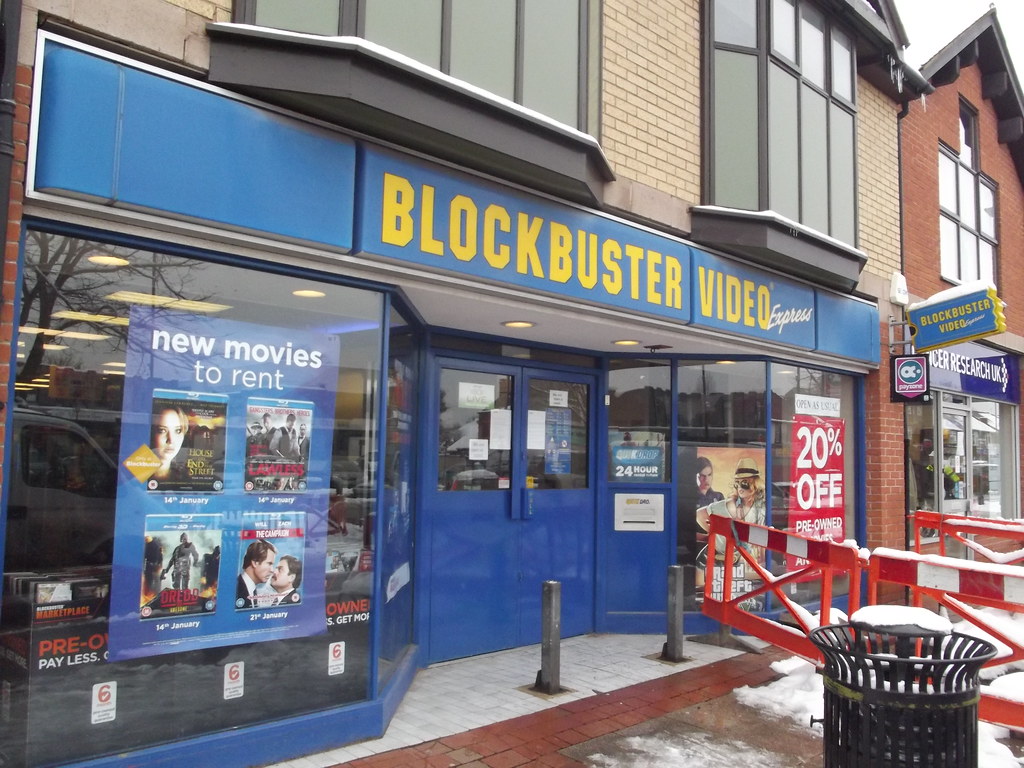
Picking a movie used to be an outing. You walked through aisles of VHS tapes or DVDs, reading covers, weighing your choices. Debating with friends was part of it. You’d finally agree on one, feeling like you earned your movie night. Late fees were expected, not shocking. Unlike scrolling through a menu at home, going to a rental store made movie nights feel like a small event.
Calling someone’s house
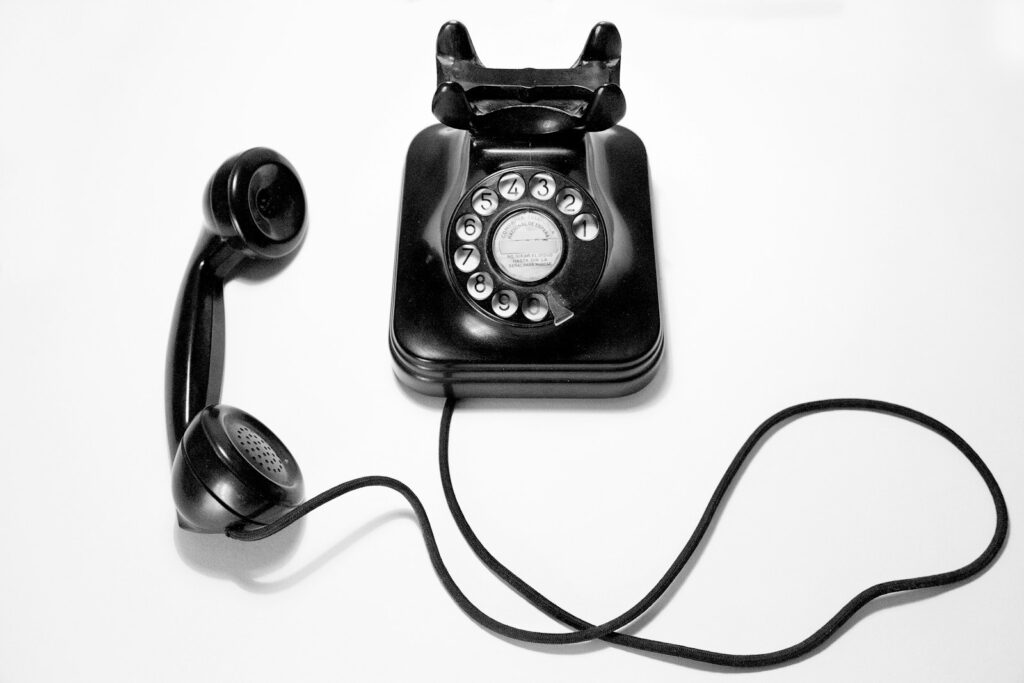
There was no texting ahead. You just called. Maybe a parent answered. Maybe you got a busy signal. But hearing a friend’s voice—without emojis or read receipts—was real connection. You had to be present, listening, not multitasking. Conversations weren’t recorded. They just existed in the moment. You learned to ask thoughtful questions, to actually listen, and to enjoy the sound of someone’s laughter without a screen.
Discovering music from the radio
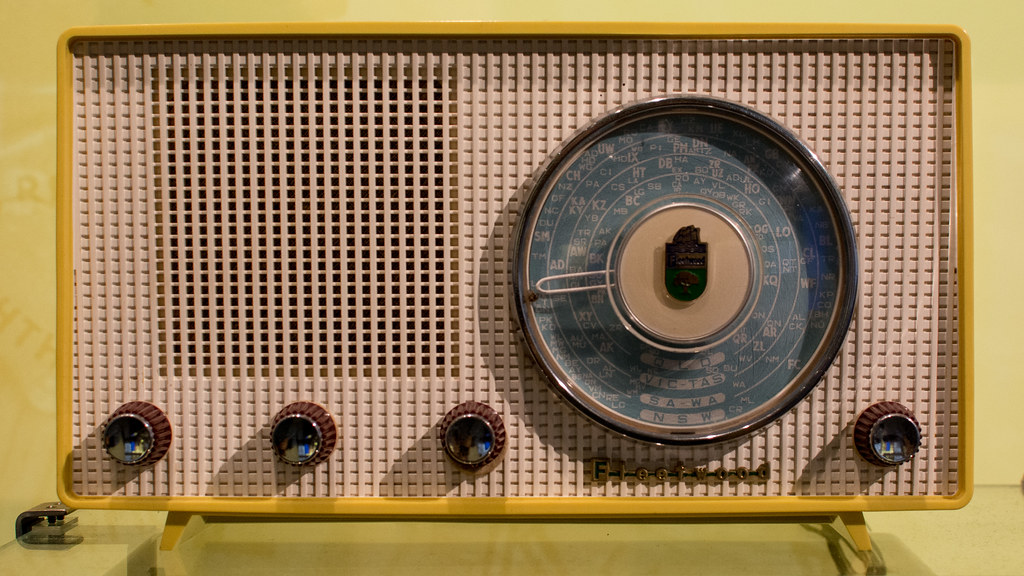
Long before streaming, you found new songs by listening to the radio. If you wanted a copy, you’d sit with a blank tape, finger on record, hoping to catch it without the DJ talking over it. It took patience. Making a mixtape meant effort—not dragging songs into a playlist. Every new track you discovered felt personal, like you found it on your own, not because an algorithm suggested it.
Paper newspapers and magazines

Reading the news meant flipping pages and not like refreshing a feed. You’d sit with coffee and read articles, not skimming headlines. There was a rhythm to it—turning pages, clipping out stories, sharing a section with someone else. The physical feel of paper made you slow down and absorb more. It wasn’t about being first to know. It was about understanding, thinking, and discussing what you read.
Face-to-face arguments
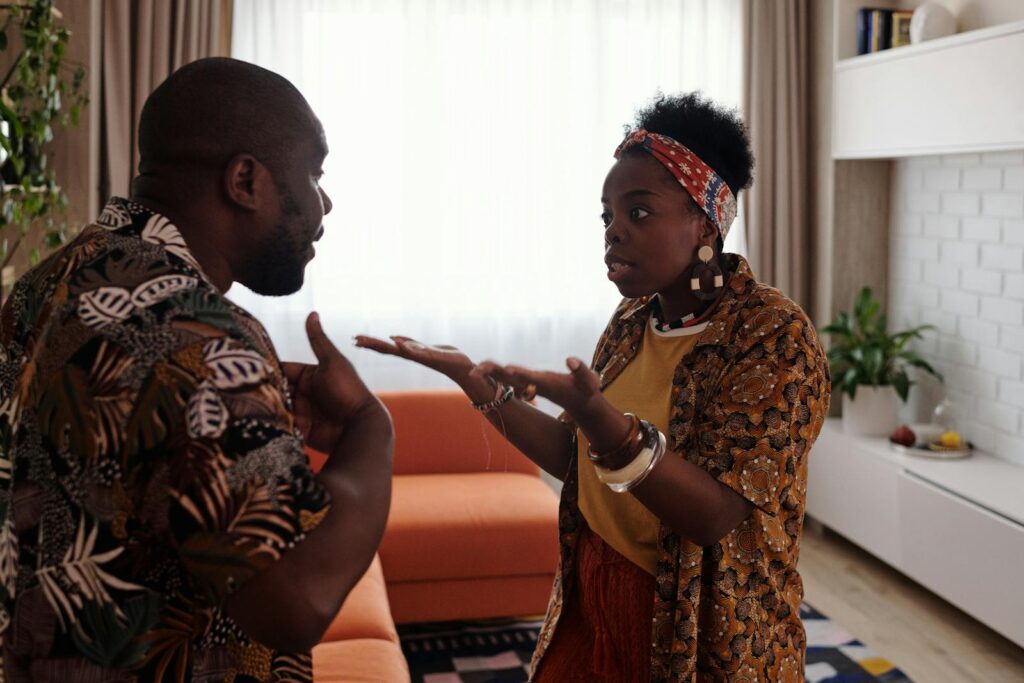
Disagreements happened in person. You couldn’t hide behind a username or edit your words. Debates were direct, often lively, but human. You read body language, saw emotions, and learned to agree to disagree. Arguments ended, and you moved on—without comment threads dragging on for days. It was messy, but it was real. You learned how to have hard conversations without filters.
Actual privacy

Before social media, your life wasn’t on display. You chose who knew what. Embarrassing moments didn’t get shared instantly. You had space to grow without an audience. Personal news stayed personal, and you didn’t feel pressured to curate a version of yourself for the internet. Privacy wasn’t a setting—it was life. You had the freedom to make mistakes and move on quietly.
Being unreachable

If you weren’t home, you simply weren’t available. No guilt, no explanations. People left a message on your answering machine and waited. This freedom to disconnect gave your brain a break. Being unreachable wasn’t rude—it was normal. Today, that kind of quiet feels rare. Back then, being offline was just called living.
Local libraries as a primary source

Research meant going to the library, flipping through encyclopedias, and reading books. You learned patience, critical thinking, and how to sift through information. The library wasn’t just about data—it was a place to focus, learn, and sometimes just enjoy the quiet. It fostered a different kind of curiosity, one not satisfied by a quick search, but by hours of exploration.
Waiting for photos to be developed
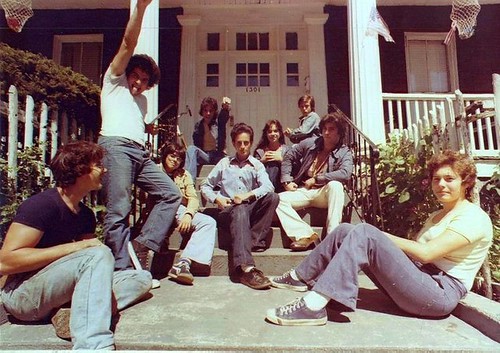
Taking pictures wasn’t instant. You shot a roll of film, dropped it off, and waited days to see the results. Opening that envelope was exciting. You never knew exactly what you’d get. Blurry shots, red eyes—they were all part of the story. Photos were keepsakes, not files. Each print held a memory, not a curated moment. You valued them because they weren’t infinite.
TV shows with fixed schedules
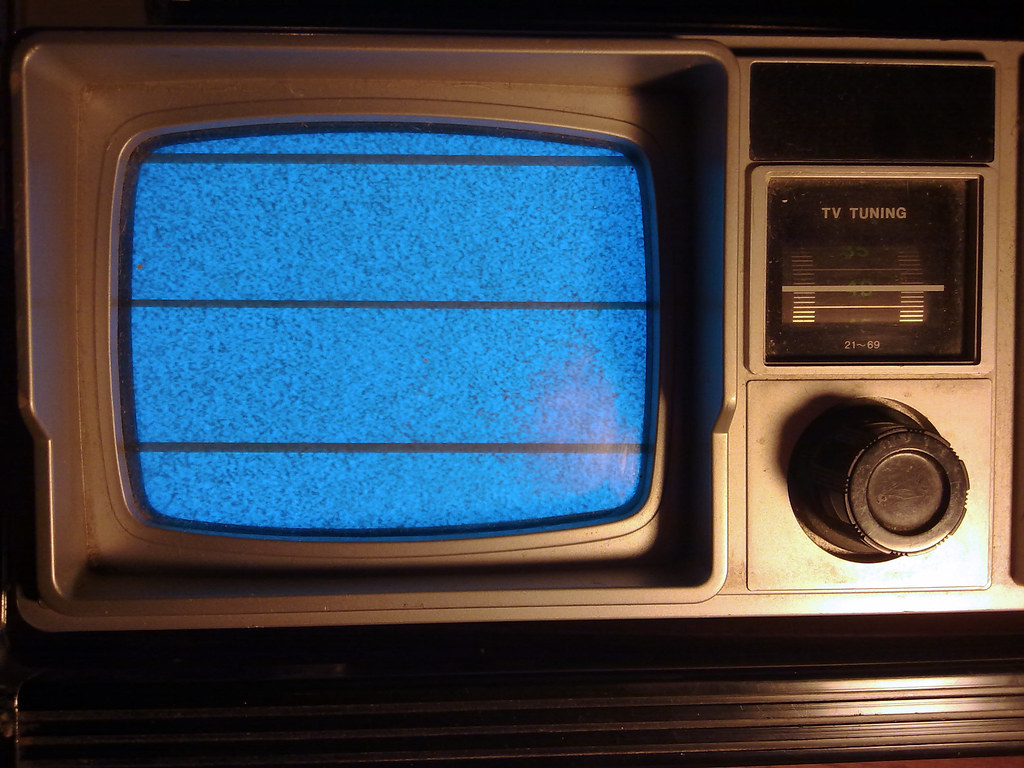
Missing a show meant waiting for a rerun. You planned your evening around your favorite series. Watching TV was an event, shared with family or friends, not background noise. Commercial breaks were snack runs, not skipped. The anticipation made episodes feel more special. It created shared experiences, where Monday mornings meant talking about what everyone watched the night before.
Doing one thing at a time

Before smartphones, distractions were limited. If you were reading, you were reading. If you were walking, you were just walking. Multitasking wasn’t constant. This allowed deeper focus and a calmer pace. Life wasn’t lived through notifications. You were more present, even in the small, quiet moments. That simplicity gave everyday tasks more meaning.

